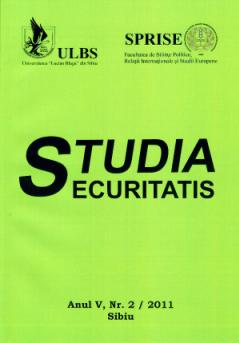MODALITĂŢILE DE SOLUŢIONARE A CONFLICTELOR ÎN COMUNITĂŢILE ROME TRADIŢIONALE
HOW TO SOLVE CONFLICTS IN TRADITIONAL ROMA COMMUNITIES
Author(s): Diana Maria HuleaSubject(s): Social Sciences
Published by: Editura Universitatii LUCIAN BLAGA din Sibiu
Keywords: conflit; rroma; traditions; community
Summary/Abstract: Each traditional Roma community is ruled by a leader, a person who is chosen for the age, experience, and wisdom. The leader of a Roma community is a person who inspires respect by his status and intelligence, a person who by his own life sets an example for the others. The leader settles minor disputes on the basis of his mature judgment, and his decisions are followed by the other members of the community. However, if the matter to be settled is a serious one, such as theft, adultery, acts of physical violence, or complicated disputes between two parties, a court is convened. This court is called the Kris. Kris is a traditional court for conflict resolution in the Roma culture. A Kris represents the Highest Court, collective wisdom and social consciousness simultaneously. It is the highest legal and moral authority and therefore the most important control organ over all areas of life. The main purpose of this paper is to present aspects regarding the traditional way of solving conflicts in the Roma community and to explain how Roma use superstition to substitute for traditional institutions of law and order. The data collection method used was the semi-structured interview. We selected 42 people who have representative opinions for the general population. The sample used is divided into two groups of subjects, those from rural areas and those from urban areas. These groups are divided into two categories according to whether the group belongs to the former nomadic people or to the sedentary people. It was found that in the traditional Roma community there are diffuse forms of collective authority, such as the community leaders or bulibaşa, the Roma traditional trial and the authority exercised by the extended family, especially the elderly.
Journal: Studia Securitatis
- Issue Year: 2011
- Issue No: 2
- Page Range: 109-118
- Page Count: 10
- Language: Romanian
- Content File-PDF

